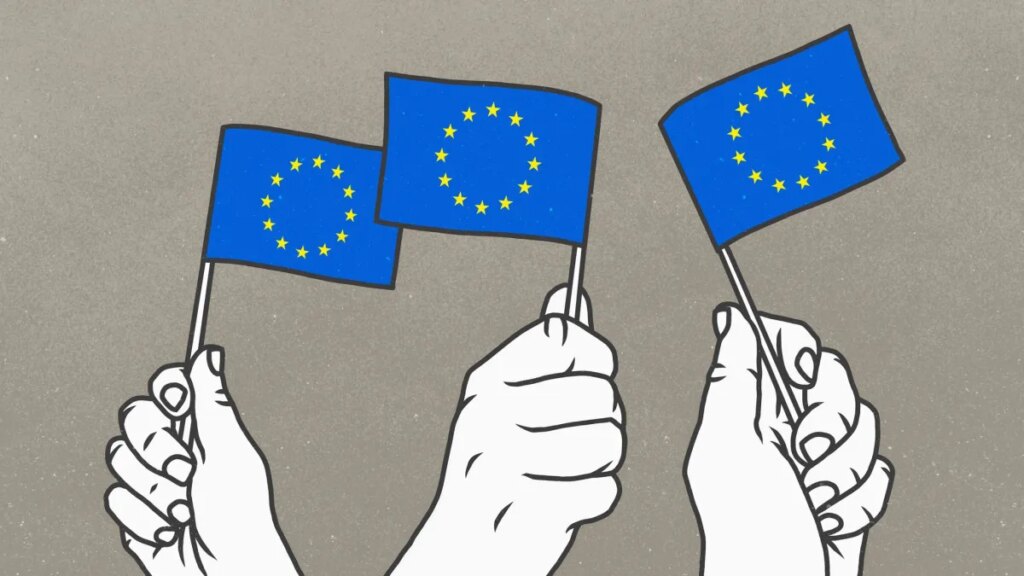Silicon Valley folks tend to write off the startup market across the pond as too small or not hungry enough, but that sentiment could not be more different from how Europeans view their potential.
Helsinki’s annual Slush conference this year showed a venture market that feels like it is on the brink of transformation, one that’s ready for its first trillion-dollar startup.
Founders, venture investors and government officials alike acknowledged the hurdles that have traditionally held Europe back from reaching its true scale and potential. For many years, European founders moved to the U.S. to start their companies or exited earlier than they needed to since they were operating in a market that lacked local customers and cash.
Firms including OMERs Ventures and Coatue made concerted efforts to enter Europe by opening offices in London after the pandemic, but have since shuttered those shops. OMERs, for example, let much of its European team go. Meanwhile, Silicon Valley firms have claimed in the last few years that to focus on innovation, startups and investors need to retreat to San Francisco.
Largely, people think the kinks have been worked out: Multiple venture investors told TechCrunch at Slush that the notion of the market being undercapitalized, or that deeper U.S. pockets aren’t interested, is overblown.
One investor specifically said there is absolutely more U.S. capital in the European market now than five years ago. Plus, some headlines draw more attention than others: When OMERs Ventures announced its retreat, IVP and Andreessen Horowitz both said they were opening offices in London.
European companies are also starting to find success in resisting pressure from U.S. investors to move to the Valley to build their companies.
Techcrunch event
San Francisco
|
October 13-15, 2026
Vibe coding platform Lovable’s co-founder and CEO, Anton Osika, said during Slush that he credits the company’s rapid growth — $200 million in annual recurring revenue in only a year since launch — to the fact that the startup stayed put in Europe, instead opting to recruiting veteran Silicon Valley talent to Stockholm.
Taavet Hinrikus, a partner at Plural who was the first hire at Estonia-founded Skype, said at Slush that the European market is about a decade behind the U.S., but startups have gone fully mainstream now in a way they hadn’t 10 years ago.
Another VC added that when he originally began investing in startups decades ago, startups and their revenue didn’t account for a noticeable portion of the region’s GDP or revenue, but now things have changed fundamentally, and the share startups hold will continue to grow.
The growing number of European success stories like Spotify and Klarna have also buffed up the region’s profile, giving founders the confidence to not exit early. They’ve also given startup employees the skills and financial security to strike out on their own.
Regulators aren’t sitting by, either, and lately have been trying to make it easier for startups to find success. The EU is moving toward regulation changes that would allow startups to register in all EU countries at once, as opposed to just their native country, next year. Such steps present their own challenges, but the move is a step forward.
Hurdles remain, of course. European enterprises remain less likely than their American counterparts to experiment and implement startup tech. But the vibe at Slush could not be more optimistic. Europe looks ready to come into its own, even if it took a little longer to get there.
As Slush’s welcome banner put it: “Still doubting Europe? Go to Hel.”

